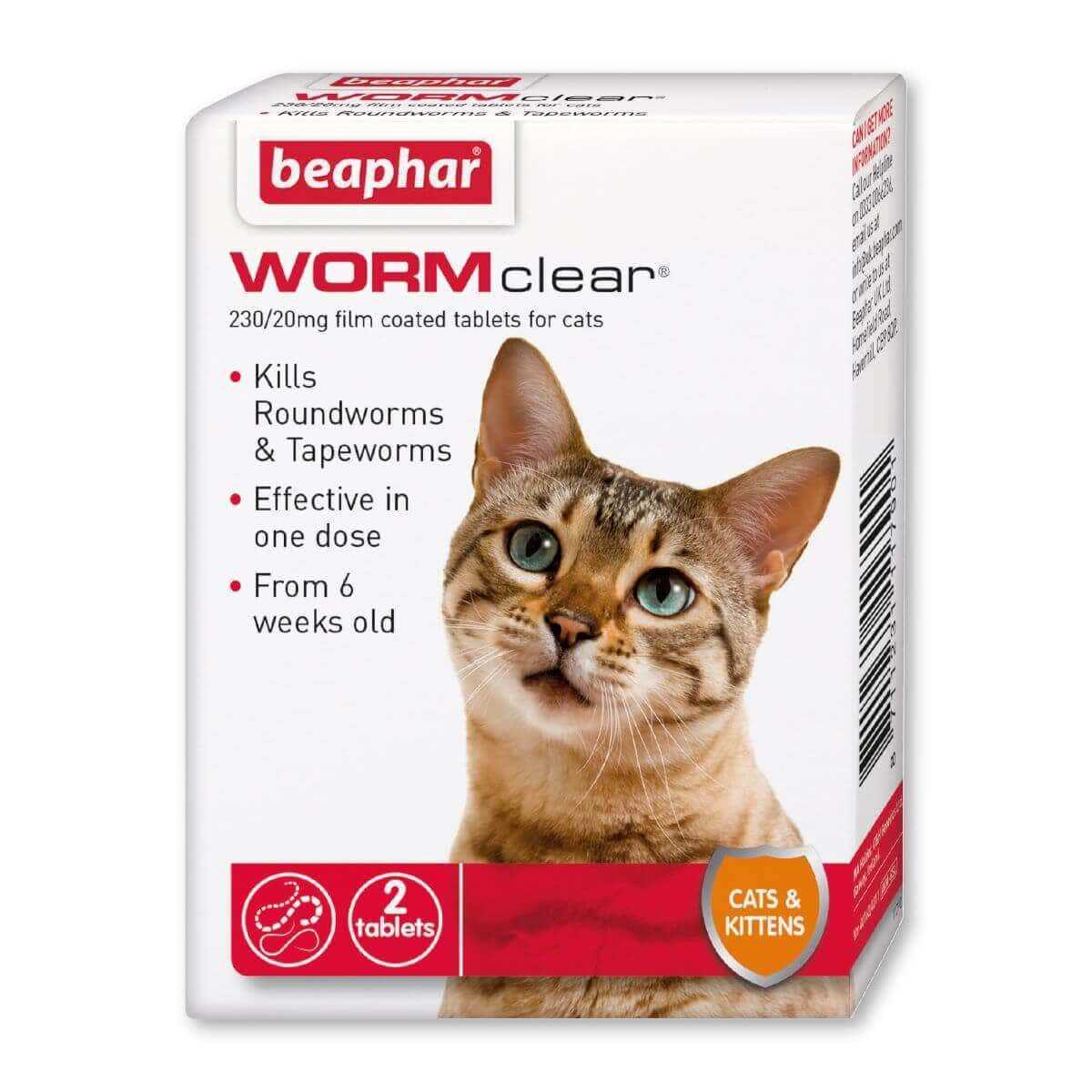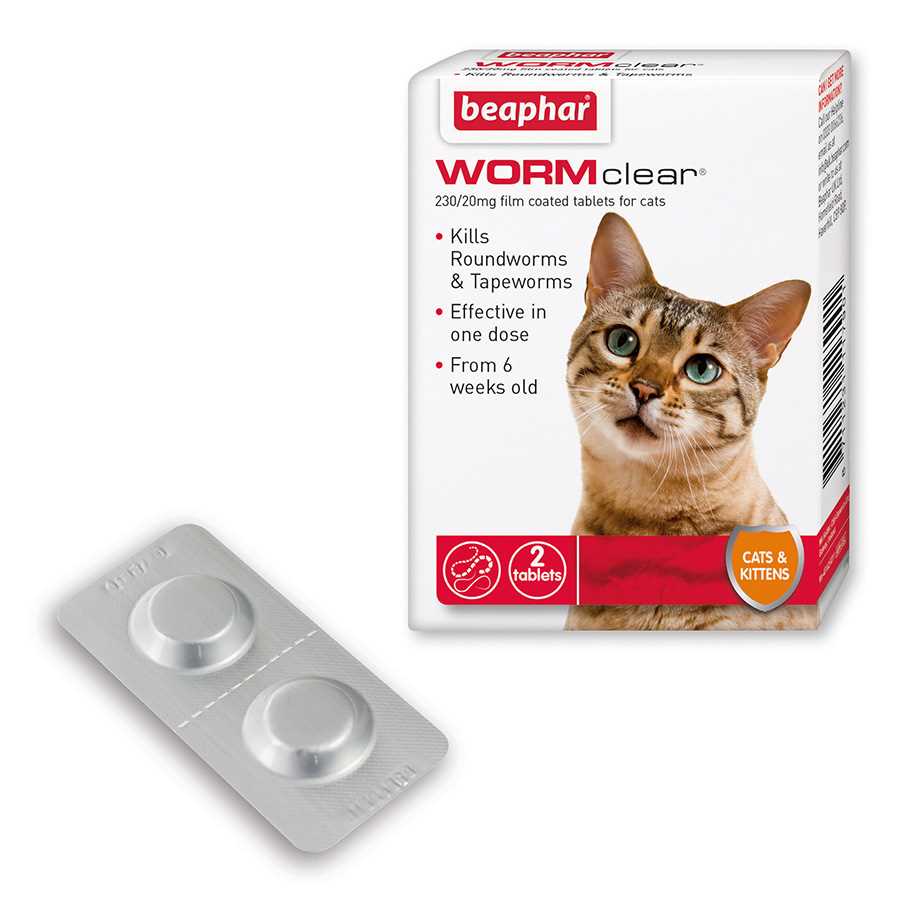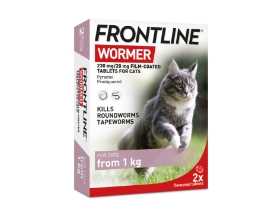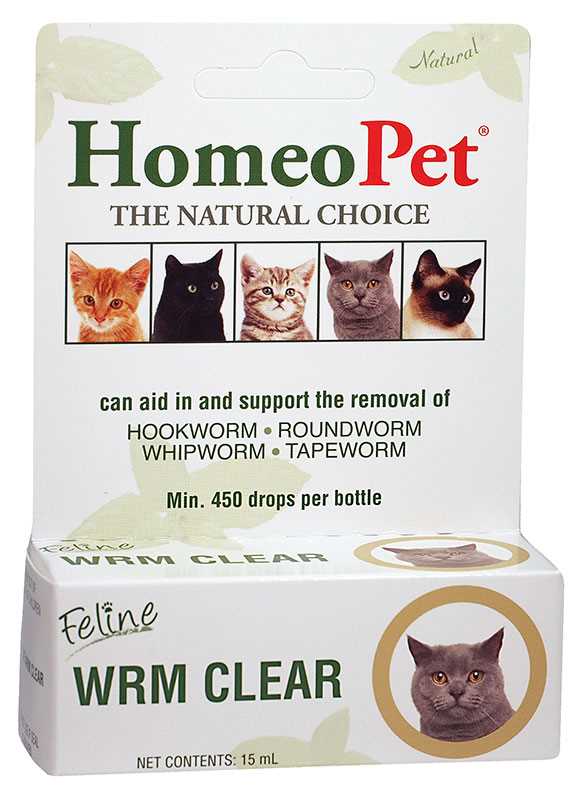

It’s crucial to act quickly when dealing with internal parasites. I recommend using a broad-spectrum dewormer that targets various types of infestations. Products containing praziquantel or pyrantel pamoate are effective against multiple species.
Always consult with a veterinarian before administering any treatment. They can provide specific dosage information based on weight and age. Regular check-ups and fecal examinations can help prevent future occurrences.
In addition to medication, maintaining a clean environment is key. Regularly clean litter boxes and keep living spaces tidy to minimize the risk of reinfestation. Keeping your diet balanced and nutritious can also bolster your immune system against these intruders.
Recommended Treatment for Intestinal Parasites

For effective treatment against intestinal parasites, I usually recommend broad-spectrum dewormers such as praziquantel, fenbendazole, or pyrantel pamoate. These medications target various types of parasites including tapeworms, roundworms, and hookworms.
Dosage Guidelines
Always follow the instructions provided by your veterinarian, but here are some general dosage guidelines:
- Praziquantel: Typically administered as a single dose of 5-10 mg/kg.
- Fenbendazole: Administer daily for three consecutive days at a dosage of 50 mg/kg.
- Pyrantel pamoate: Usually given as a single dose of 5 mg/kg.
Additional Considerations
Consult your vet before starting any treatment to ensure the correct medication and dosage based on your health status. Regular fecal exams can help monitor for re-infestation.
Also, if your outdoor feline friend is experiencing a rodent problem, consider reading about the best outdoor cats for mice to keep your home safer from pests.
Identifying the Type of Worms in Your Cat

Recognizing the specific type of intestinal parasites affecting your feline friend is crucial for appropriate treatment. Here are the primary categories that may be troubling your furry companion:
Common Types of Intestinal Parasites

| Type | Symptoms | Diagnosis |
|---|---|---|
| Roundworms | Vomiting, diarrhea, bloated abdomen, weight loss. | Fecal examination for eggs. |
| Tapeworms | Weight loss, visible segments in feces, excessive grooming. | Fecal examination or observation of segments. |
| Hookworms | Anemia, lethargy, dark or tarry stools. | Fecal examination for eggs. |
| Whipworms | Diarrhea (sometimes bloody), weight loss, dehydration. | Fecal examination. |
Visual Identification

For a quick visual check, look for signs like segments of tapeworms around the tail or in their bedding. Roundworms may appear as spaghetti-like structures in vomit or feces. If you suspect any form of infestation, consulting a veterinarian for further analysis is essential.
Over-the-Counter Treatments for Feline Intestinal Parasites
Several options exist to address intestinal parasites without a prescription. Here are some widely available treatments:
- Pyrantel Pamoate: Commonly found in liquid or tablet form, this agent targets roundworms and hookworms. Dosage varies by weight, so always check the label.
- Fenbendazole: This medication is effective against a range of parasites, including roundworms, hookworms, and certain tapeworms. It’s often available as a suspension or granules.
- Praziquantel: Primarily used for tapeworms, this treatment comes in tablet form. It’s essential to follow dosing instructions based on your weight.
Before starting any treatment, it’s wise to verify the specific type of parasite affecting me. Misdiagnosis can lead to inappropriate treatment and may worsen the situation. Always consult a veterinarian if unsure about the right approach.
In addition to medications, maintaining a clean environment plays a key role in preventing reinfestation. Regularly cleaning litter boxes and ensuring proper hygiene can help keep these unwanted guests at bay.
Prescription Treatments for Severe Worm Infestations
If a severe infestation is confirmed, I recommend consulting a veterinarian for specific prescriptions. They may suggest strong antiparasitic medications such as praziquantel, fenbendazole, or milbemycin oxime. These drugs effectively target various intestinal parasites and typically require a series of doses.
Praziquantel is particularly effective against tapeworms, while fenbendazole is broad-spectrum and can handle several types of worms, including roundworms and hookworms. Milbemycin oxime is often used for heartworms but can be effective against intestinal parasites as well.
Regular follow-ups with the vet are crucial to ensure the treatment is working. Sometimes, additional doses or alternative medications may be necessary based on how the body reacts. It’s essential to monitor health closely during this period.
For those looking to create a safe environment for their pets, consider researching best above ground pools for dogs to provide a fun space while keeping them healthy.
Dosage Guidelines for Cat Worm Medications
For effective treatment, always follow the specific dosage instructions provided by your veterinarian. Typical guidelines indicate that for pyrantel pamoate, the dosage is usually around 5-10 mg per pound of body weight, administered once. For fenbendazole, I’ve seen recommendations of approximately 50 mg per pound daily for three consecutive days. If you’re using praziquantel, the dosage might be around 5-10 mg per pound, given in a single dose.
When using over-the-counter options, it’s crucial to read the product label carefully, as formulations can vary. Ensure that the treatment targets the specific type of intestinal parasites affecting your furry friend. For example, some products are effective against roundworms while others may focus on tapeworms.
For prescription medications, dosages can be higher depending on the severity of the infestation. Always consult with a veterinarian to determine the best approach and confirm the right dosage based on the individual health profile and weight of the feline.
Reassess after treatment; follow-up appointments can help ensure that the treatment was successful and that there are no lingering issues. Keep an eye on any side effects and report them to your vet immediately.
Preventative Measures to Avoid Future Worm Infestations
Regular deworming is a key strategy. I recommend discussing a schedule with your vet, as timing can vary based on lifestyle and risk factors.
Maintain a clean environment. Regularly clean litter boxes and remove feces promptly to minimize exposure to eggs and larvae. This simple act greatly reduces the chance of reinfestation.
Control flea populations. Fleas are often carriers of tapeworms. Using a reliable flea prevention product can help keep those little pests away from my cozy space.
Diet and Nutrition
A balanced diet supports a healthy immune system, making it harder for parasites to thrive. Include high-quality food that contains necessary nutrients to keep me strong and resilient.
Fresh water should always be available. Hydration plays a role in maintaining overall health and can assist in flushing out potential invaders.
Limit Outdoor Access
Reducing outdoor time decreases exposure to contaminated areas where parasites might linger. If you must go outside, supervised outings are best.
Regular vet check-ups can catch issues early. Annual or bi-annual visits allow for monitoring and preventive treatments, ensuring I stay healthy and parasite-free.
When to Consult a Veterinarian About Worm Treatments
Seek professional help if you notice significant weight loss, persistent vomiting, or diarrhea, as these symptoms could indicate a severe infestation. If your human spots segments of parasites in your stool or around your behind, it’s time to get expert advice.
For young felines, any signs of lethargy or unusual behavior warrant a check-up. Kittens, in particular, are vulnerable and should be monitored closely for any signs of distress. If there’s a sudden change in appetite or energy levels, don’t hesitate to reach out.
In cases of flea infestations, it’s crucial to address the fleas first, as they can transmit certain types of parasites. If you’re struggling to manage the situation or if over-the-counter solutions aren’t working, consult a vet for more potent options.
Also, if your furry friend has been exposed to other animals or environments where parasites are common, proactive veterinary consultation is wise. Regular check-ups and fecal examinations can help prevent future issues.









